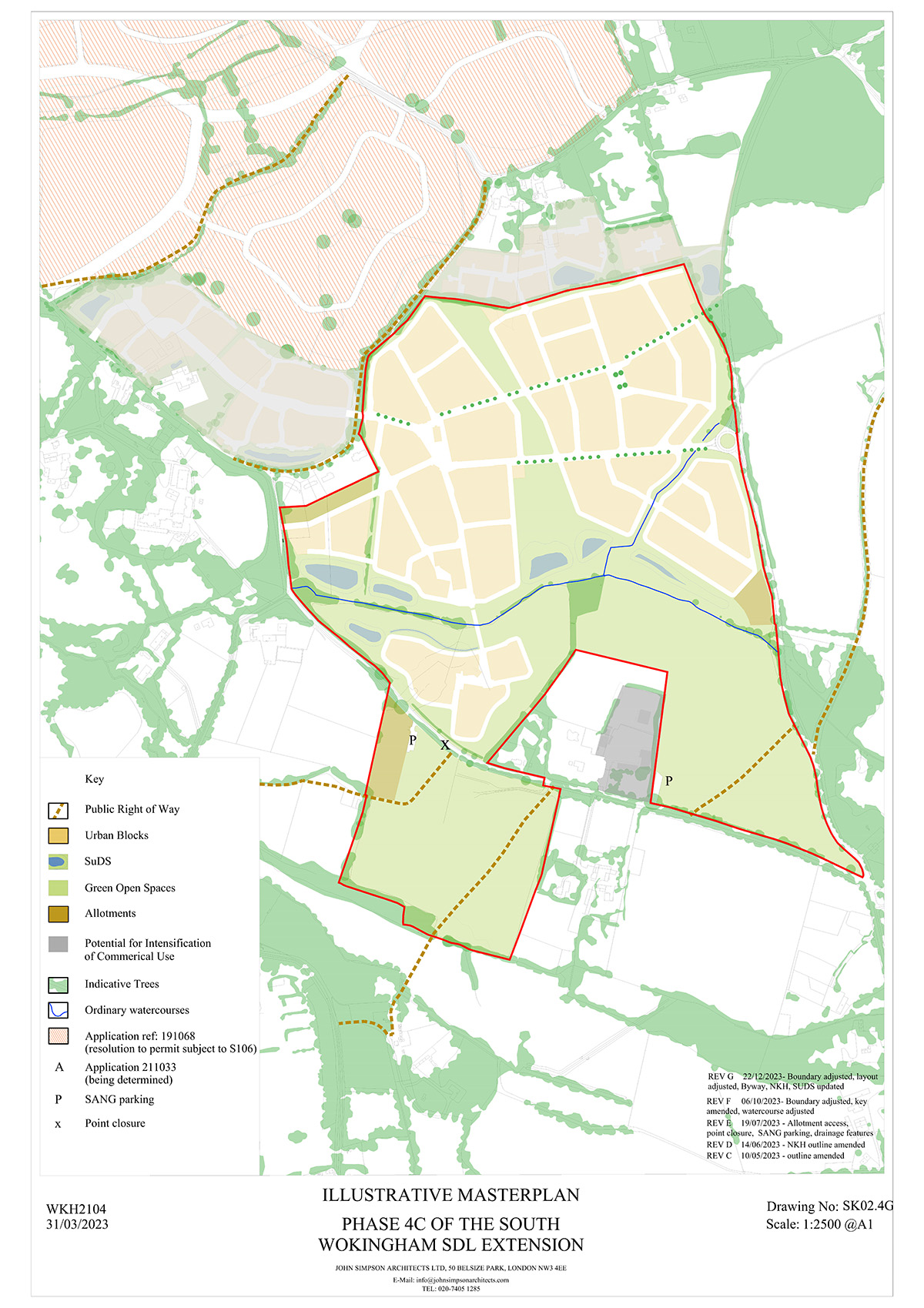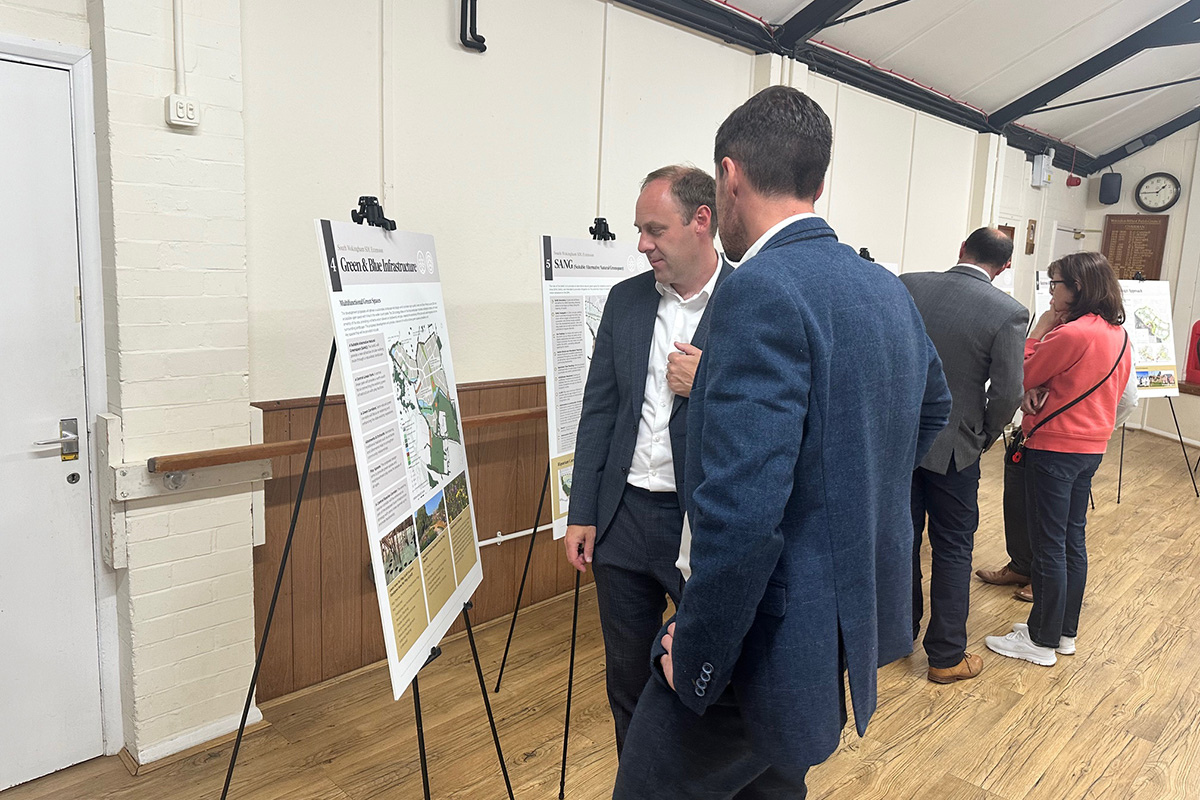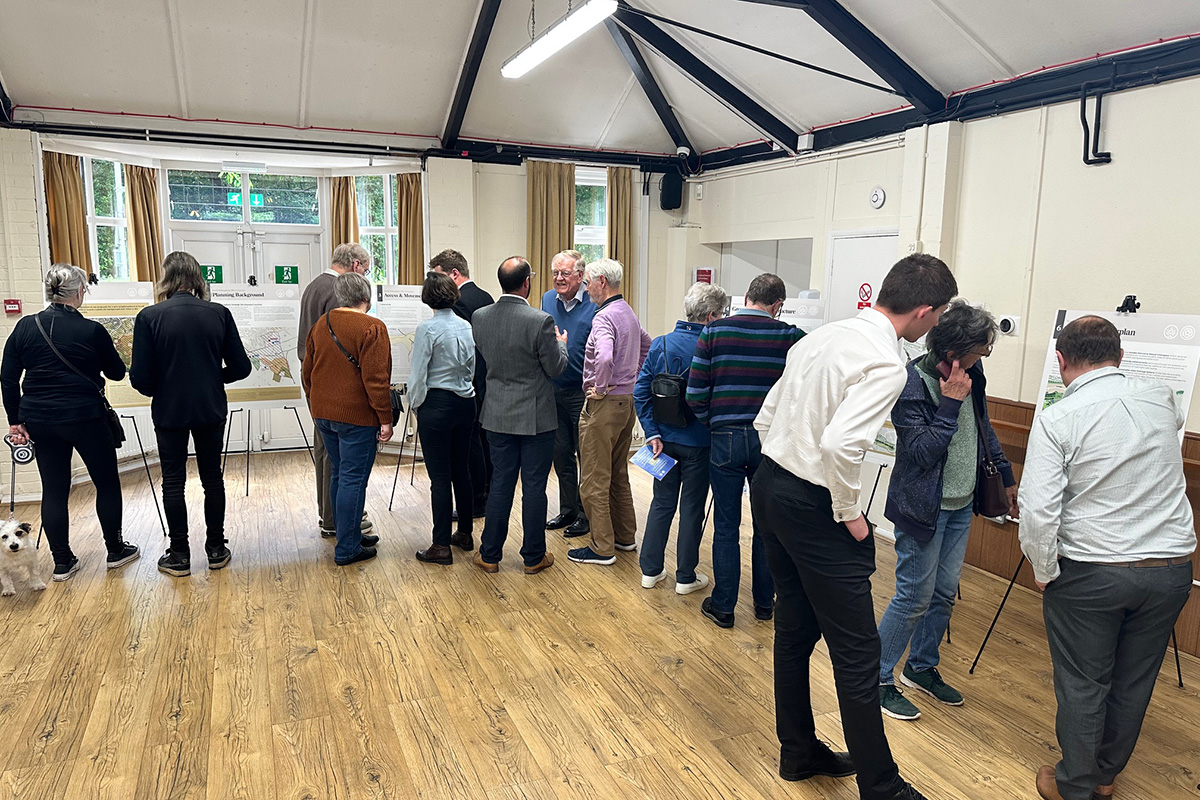Lightwood proudly sponsor The Hatfield Symposium (Create Streets)
 Following collaboration with Nicholas Boys Smith and Create Streets on our sites at Trowbridge and Shapley Heath, Lightwood are proudly sponsoring their ‘Building for generations: the Hatfield Symposium – How we create new places and steward old ones to be beautiful and durable, happy and healthy’ event at Hatfield House.
Following collaboration with Nicholas Boys Smith and Create Streets on our sites at Trowbridge and Shapley Heath, Lightwood are proudly sponsoring their ‘Building for generations: the Hatfield Symposium – How we create new places and steward old ones to be beautiful and durable, happy and healthy’ event at Hatfield House.
The conference has attracted keynote speakers, including Lord Salisbury and Michael Gove, along with industry leaders and experts to discuss a range of topics to improve and enhance our built environment.
Lightwood attend and present at UKREiiF
The UK’s Real Estate Investment & Infrastructure Forum (UKREiif) took place at the Royal Armouries Museum and New Dock in Leeds from 20th-22nd May.
Lightwood Director, Philip Chichester, was invited to participate in a panel discussion on ‘The role of Proptech in Digital Planning Transformation’ which explored the important role of PropTech in transforming the future of planning in the UK, accelerating the shift towards a more digital, data-driven, and collaborative planning system.
Lightwood secure unanimous approval at planning committee
Lightwood successfully secures planning permission for 5 detached houses in New Alresford.
The application comprising 4no. three bedroom semi detached houses and 1no. three bedroom detached chalet bungalow with associated new crossover, access, parking, binstore and landscaping works was unanimously approved by Winchester’s Planning Committee who recognised and agreed that, despite neighbour objection to the contrary, the development had been designed sensitively to protect the residential amenity of neighbouring properties.
Wokingham Planning Applications
Wokingham Borough Council has published its pre-submission Local Plan for consultation. The proposed Plan identifies the expansion of the South Wokingham Strategic Development Location for 1,100 homes. Lightwood is promoting land within two parts of the proposed allocation for 850 and 95 homes respectively and has been working with Nicholas King Homes and the Council to prepare a comprehensive masterplan. Outline planning applications have been submitted and will be determined during the examination period. A lot has been achieved since the land was signed in 2021. We were pleased to appoint John Simpson architects to prepare the masterplan, application plans and design and access statement. www.johnsimpsonarchitects.com

Lightwood successfully challenges Three Rivers Affordable Housing Viability
The appeal decision was issued by the Planning Inspectorate on 2nd September, and whilst the application was refused on grounds of its impact on the character and appearance of the area (which we do not agree with obviously), the Inspector did agree with Lightwood in the determination of the reason to refuse on the grounds of the lack of provision of an affordable housing contribution.
A financial viability assessment was submitted with the application which demonstrated that no affordable contribution could be made. This was subsequently independently reviewed by Adams Integra, on behalf of the council who disagreed with the methodology used and sought a contribution of £96,201.
The matters in dispute were focussed on the Benchmark Land Value (BLV) used in the modelling. The Council’s conclusions were based on a figure derived from subtracting the Post Development Value (PDV) of the property from the Current Market Value (CMV) of the property to generate an Existing Use Value (EUV) for the development plot only. A 20% premium was then applied. The resultant figure equated to a land value of 14.3% of the Gross Development Value (GDV) which is significantly below accepted industry standards.
In contrast, Lightwood conclusion was based on the (CMV + 20% Premium) – PDV = BLV. This resulted in a land value of 35.7% of the GDV which is reflective of expected return. Subsequently, the Inspector was persuaded that this was the correct methodology to employ and therefore found no conflict with the requirements of Policy CP4 of the CS, the Affordable Housing Supplementary Planning Document (2011), or the Framework.
Cullompton Town Centre Relief Road & Cricket Club Relocation
Following the submission of our planning application at the end of July, Mid Devon Council has been awarded additional funding to deliver the town centre relief road. Completion of the road is forecast for 2028 with the major focus of work in the short term being to finalise designs, complete the acquisition of land and fully relocate the cricket club to land that Lightwood control and where it achieved permission for a major new regional facility.
It is expected that the relief road will be the first phase of major road infrastructure investment in Cullompton with further investment expected to support the upgrading of J28 in order to address the capacity of the junction and support wider planned growth. A further business case for investment in the J28 junction is currently with the Government for consideration.
East Cullompton Planning Application
At the end of July, Lightwood submitted its biggest ever planning application for 1,150 homes and supporting uses within the 2,600 homes East Cullompton allocation of the Mid Devon Local Plan. The application follows the adoption of a masterplan SPD, and we will be working with the Council and other developers on a Strategic Design Code and Infrastructure Delivery Plan. This is just the first phase of a 5,000-7,000 home garden village that the Council will progress through the review of its Local Plan, and where we have extensive land interests.
South Wokingham SDL Extension Public Consultation
On Friday 14th June, Lightwood, in conjunction with Nicholas King Homes, shared their emerging proposals for a new neighbourhood at South Wokingham.
The site was identified in Wokingham Borough Council’s new draft Local Plan 2026-2040 for housing growth as an Extension to the South Wokingham SDL, which has been part built out already. Lightwood Strategic and Nicholas King Homes are working together to establish a coordinated masterplanning approach for the creation of this new neighbourhood to the south of Wokingham.
The event was well attended and the comments balanced and fair. The plans will now be refined in response to those comments ahead of the submission of an outline planning application later in the Summer.


Lightwood attend Planning Awards 2024
The Planning Awards 2024 took place on Thursday 13th June at IET Savoy Place, London and the Lightwood Team were delighted to have been nominated at the awards which celebrates the best in planning and placemaking.
Whilst unsuccessful this year, it was a great opportunity to network with other members of the industry and an enjoyable evening. Congratulations to all those that won!
Results 2024 – Planning Awards
What does a new Labour government mean for the planning system?
The Labour manifesto commits to “immediately” updating the National Planning Policy Framework (NPPF), to reverse some of the changes introduced by the Conservative Party, including re-instating mandatory housing targets.
The current version of the NPPF refers to the standard method for assessing housing need as “an advisory starting-point”. It is hoped that a firmer policy basis for assessing housing need will incentivise local authorities to more readily grant planning permission for residential developments.
Labour has committed to planning reform that would allow for 1.5 million homes to be built over the parliament. This equates to the delivery of 300,000 homes per year – a delivery rate successive governments have promised but failed to achieve.
To reach the 1.5 million home target, the Labour Party has committed to:
- taking a “brownfield first approach” and fast-tracking developments on urban brownfield sites;
- preserving high quality greenbelt land while releasing lower quality “grey belt” land for development;
- building a new generation of new towns in addition to urban extensions and regeneration projects;
- strengthening planning obligations and amending the Affordable Homes Programme to allow for delivery of “the biggest increase in social and affordable housebuilding in a generation”; and
- unlocking development affected by nutrient neutrality
We await the full details with anticipation.



